Designing a sustainable kitchen doesn’t mean giving up comfort, functionality, or style. The reality is, an eco-friendly kitchen can be just as practical, beautiful, and high-performing as any other. The challenge lies in moving past the buzzwords and getting to what really matters in your home – thoughtful choices, smarter materials, and efficient systems that stand the test of time.
If you’re planning a new kitchen, or simply looking to update yours with a more responsible footprint, there’s never been a better time to do it right. Here’s how you can design a kitchen that’s easy to live with and kinder to the environment – without falling for greenwashing or sacrificing your own sense of style.
Look Beyond the Label: What Actually Makes a Kitchen Sustainable?
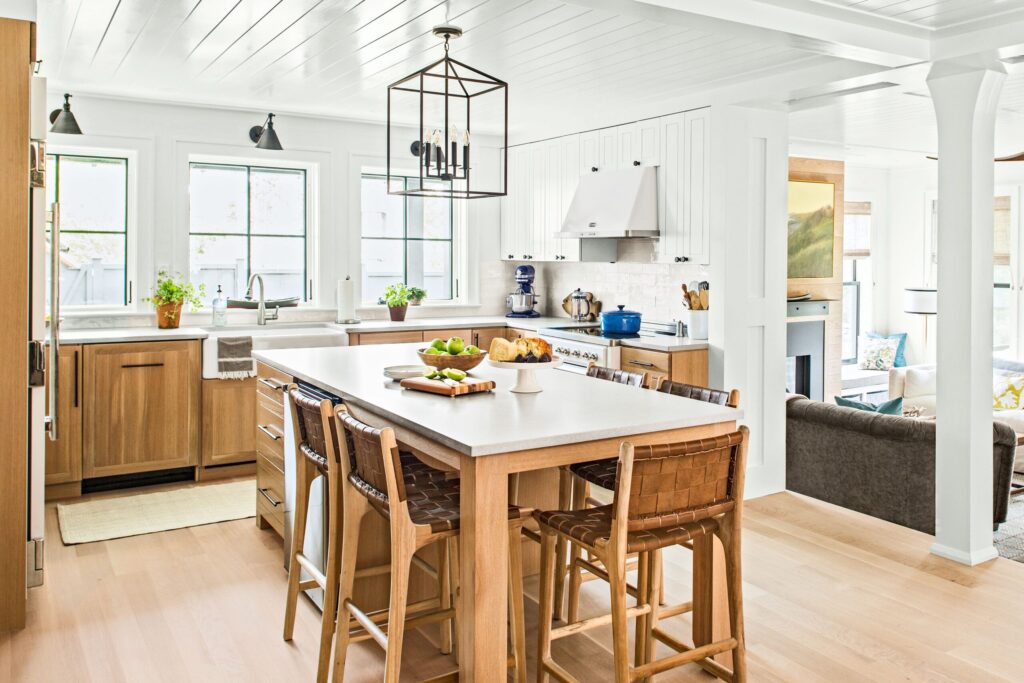
It’s easy to assume that choosing a kitchen with an eco-label is enough. But sustainability runs deeper than a badge. The true measure of an eco-friendly kitchen is in how it’s made, how long it lasts, and how it supports your lifestyle.
Ask yourself:
- Will this last 20 years or more?
- Can it be repaired or upgraded?
- What’s the origin of the materials?
- Does this layout reduce waste in your day-to-day routine?
The answers to those questions are more telling than any packaging claim.
The Longevity Rule: Why a Kitchen That Lasts Is Greener by Default
You might not think durability is the most exciting green credential – but it’s one of the most powerful. A kitchen that lasts twice as long has half the environmental impact over its lifespan. If you’re updating your kitchen every ten years, the emissions from materials, delivery, and installation soon add up.
Investing in quality furniture, hard-wearing surfaces, and trusted installation not only saves hassle but avoids sending perfectly usable materials to landfill. Kitchen companies like Nobilia German Kitchens by Square are a great example of a supplier promoting durable furniture using sustainable methods. Nobilia’s efficient manufacturing and certified sourcing help reduce waste without compromising on design flexibility.
Look for cabinets made from FSC-certified wood, low-VOC finishes, and hinges or drawer runners that are guaranteed for decades, not just a few years.
The Quiet Problem of Kitchen Waste – and What You Can Do About It
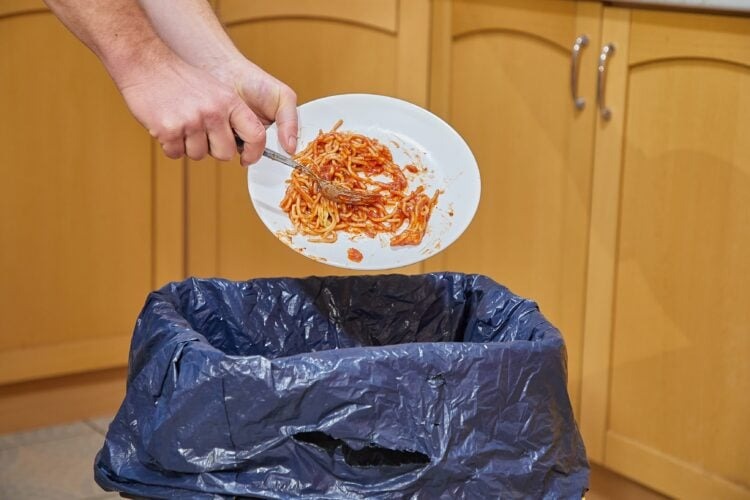
We’re not talking about food waste (yet), but the offcuts, packaging, and non-recyclable components that often come with a kitchen install. One of the easiest ways to reduce your kitchen’s carbon footprint is to limit unnecessary waste from the outset.
Opt for made-to-measure cabinetry from trusted professionals, rather than pre-cut or flat-pack units that require onsite modification. Bespoke or precision-manufactured kitchens reduce waste and generally mean fewer ‘filler’ panels or workarounds.
Portfolio Kitchens in Manchester, for example, work closely with homeowners to design kitchens tailored exactly to their space – cutting down on waste and ensuring every element earns its place.
Energy Efficiency Starts at the Planning Stage
Choosing A-rated appliances is a given, but a truly energy-efficient kitchen starts with clever design. Natural light plays a key role in reducing your reliance on artificial lighting, so consider where windows, skylights, and glazed doors can be used to brighten your space. A good layout will also minimise unnecessary movement – keeping your fridge near prep areas, for instance, or planning storage so you’re not constantly opening multiple cupboards to reach the same items.
Induction hobs use less energy and offer precision heating. Boiling water taps reduce water and energy waste compared to boiling kettles. LED lighting with dimmable functions lets you set the mood while lowering electricity use.
And don’t forget ventilation – a well-chosen extractor fan removes moisture efficiently, helping prevent damp and reducing the need for energy-hungry dehumidifiers or heating in the long term.
Rethink Your Surfaces: Beyond Granite and Quartz
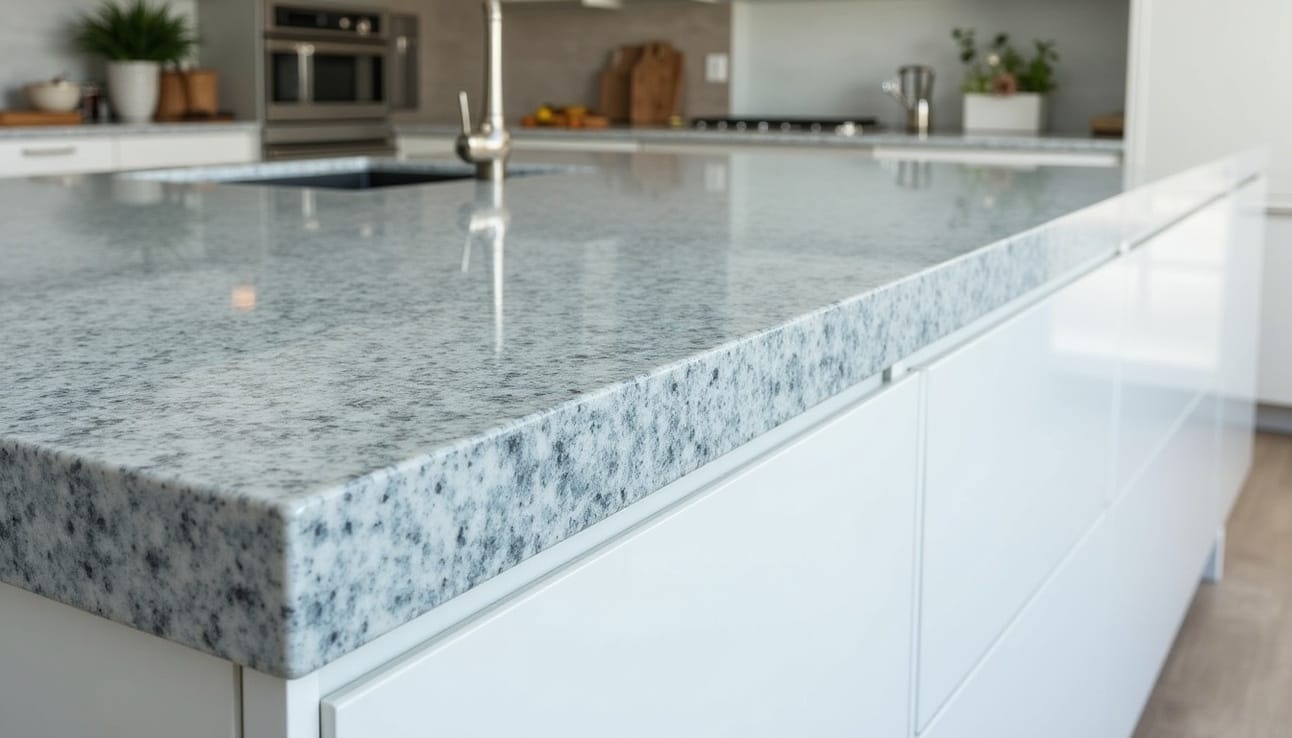
Worktops are often chosen for looks and durability, but the environmental cost varies widely. Granite and quartz may be hard-wearing, but they’re energy-intensive to mine and transport.
There are more sustainable options that don’t compromise on appearance. Recycled composite materials – made from post-consumer glass, paper, or even plastic – offer solid performance and bold finishes. Some manufacturers now offer bamboo or reclaimed wood surfaces with modern, wipe-clean finishes that stand up to daily life.
Ceramic and sintered stone worktops, like Dekton or Lapitec, are also becoming more widely available and are made using greener production methods with low porosity and high scratch resistance – making them both hygienic and long-lasting.
Paints, Finishes and Glues: The Hidden Sources of Toxins
Volatile Organic Compounds (VOCs) are found in many paints, lacquers, and adhesives. These chemicals release emissions into the air, often for years after installation. If you or someone in your household is sensitive to pollutants, this matters a lot.
Opting for water-based, low-VOC, or VOC-free paints and finishes is an easy win. Most major brands now offer environmentally responsible options, but it’s worth checking the small print. Even some ‘eco’ paints contain ingredients you might not expect.
When working with a kitchen designer or supplier, ask for transparency about finishes and adhesives used in furniture, worktops, and installation. The best professionals will already be working to reduce exposure and select safer products for both your household and the planet.
Waste Sorting That Works for You (Not Just the Council)
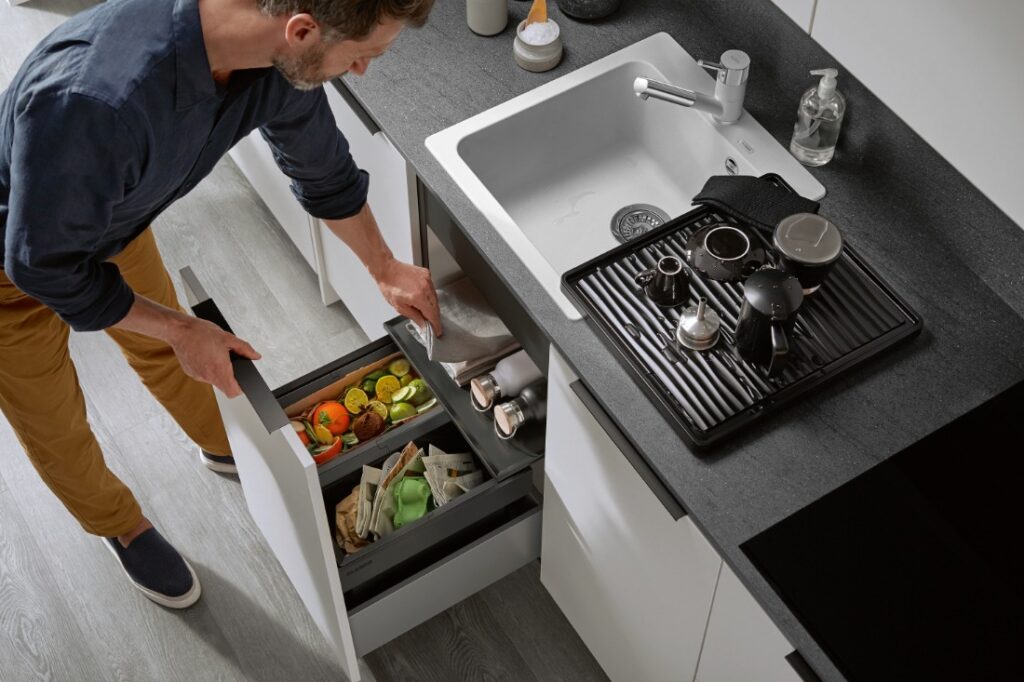
No eco-kitchen is complete without a practical waste sorting system – but this isn’t about cramming five bins into your island and hoping for the best.
Design your kitchen around your routine. If you cook regularly, ensure compost and food waste bins are easily accessible from the prep area. Store recycling where you can access it without hassle, even with full hands.
Many kitchen brands now offer integrated waste sorting systems, with smooth pull-outs and clear labelling. These systems don’t just look better – they make recycling more likely to happen because they’re easier to use.
Make Space for Refillables and Reusables
An eco-friendly kitchen works hand-in-hand with the way you shop, store, and cook. If you’re buying in bulk, decanting dry goods, or refilling containers at zero-waste shops, your kitchen layout can help.
Pull-out larders, open shelves, and deep drawers are ideal for jars, bottles, and tins. Clear glass containers reduce waste by making it easier to see what you have. And by setting up your storage to suit your own habits, you’re less likely to overbuy or let food go out of date.
Think Local – From Kitchen Suppliers to Materials
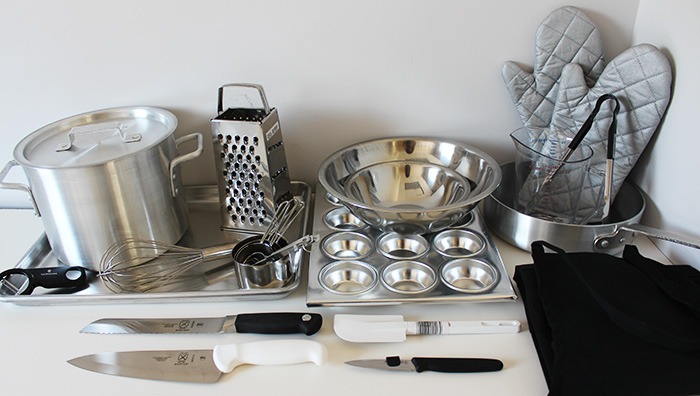
Choosing a locally-based kitchen design company can reduce transport emissions and support the UK economy. It also makes it easier to resolve issues or get parts replaced if needed – which keeps your kitchen functioning longer and more sustainably.
Look for manufacturers with UK or nearby European bases, and ask where materials are sourced. Many of the most sustainable kitchen companies operate from high-efficiency factories that reduce waste and reuse resources. Again, Nobilia is one such kitchen brand committed to responsible production, including using water-based lacquers, energy-efficient facilities, and certified materials.
Final Thought: There’s No One-Size-Fits-All Green Kitchen
Eco-friendly design isn’t a rigid checklist – it’s a mindset. It means being thoughtful about the choices you make, understanding how your kitchen fits into your life, and planning for the long haul.
You don’t need to do everything at once. Start with the priorities that matter most to you – maybe it’s cutting energy use, avoiding waste, or choosing longer-lasting furniture. A professional kitchen designer can help you find the right balance between sustainable design and practical living, so your kitchen works for years to come.
Looking Ahead: Smarter Kitchens for a Greener Future
As our homes continue to adapt to modern life, the kitchen remains a powerful place to make better choices – for your family, your lifestyle, and the environment. And while no kitchen is ever 100% impact-free, every considered decision adds up to a space that feels not just smarter, but more responsible too.
If you’re ready to start your eco-conscious kitchen journey, work with an experienced company who understands the importance of getting it right first time. Whether that’s a specialist like Portfolio Kitchens in Manchester or another trusted local firm, the right designer will help bring your vision to life without compromise.
